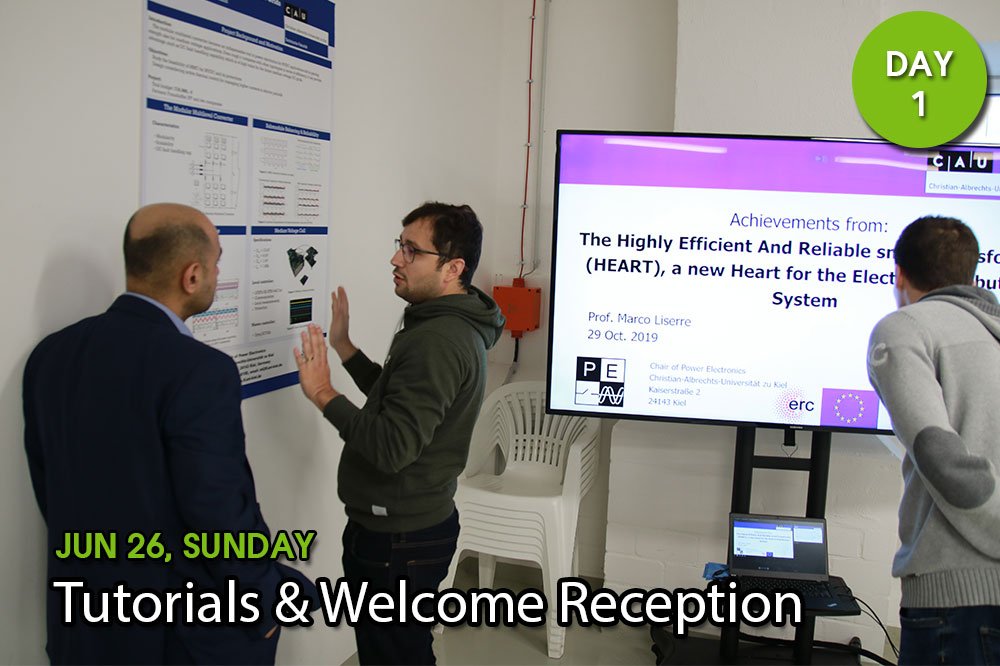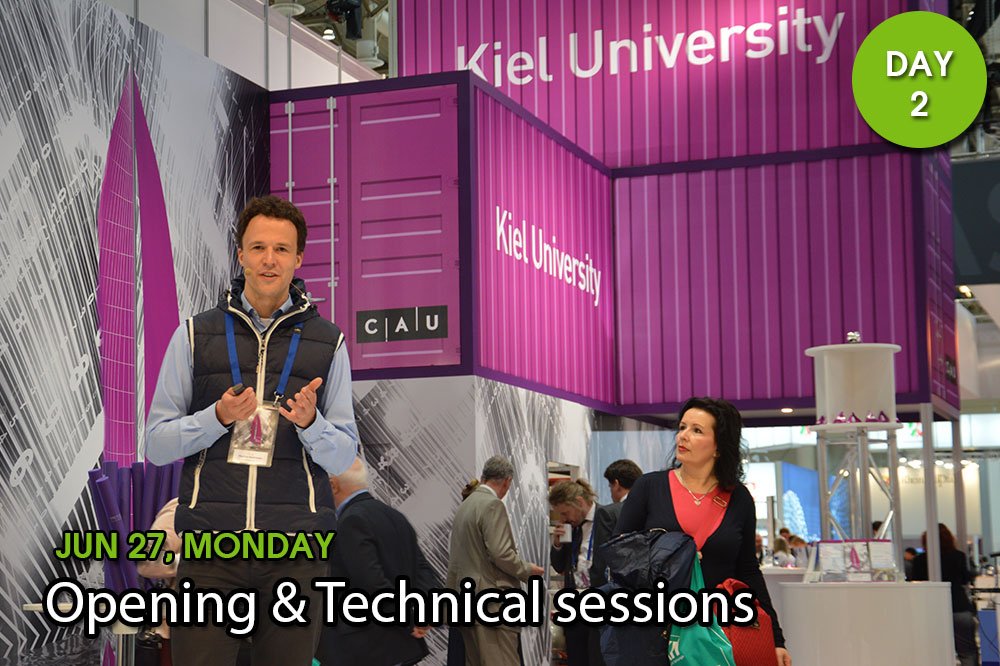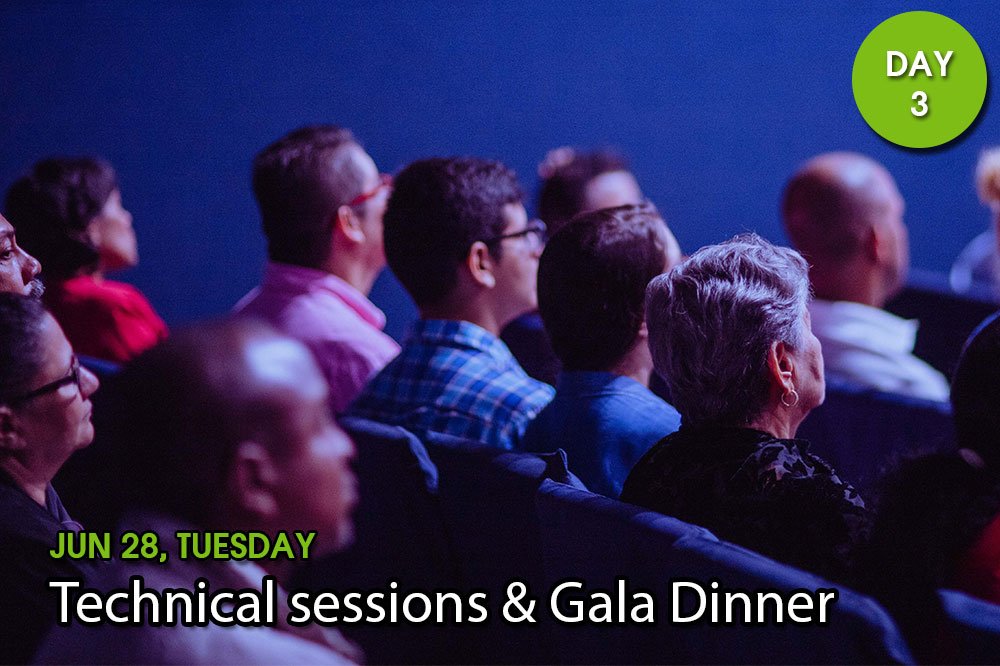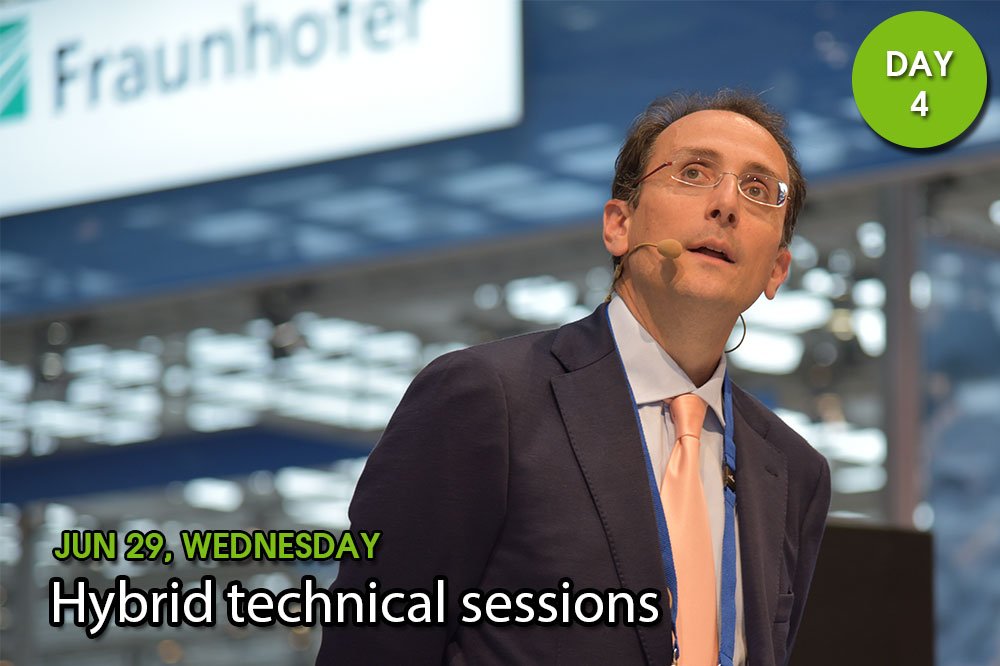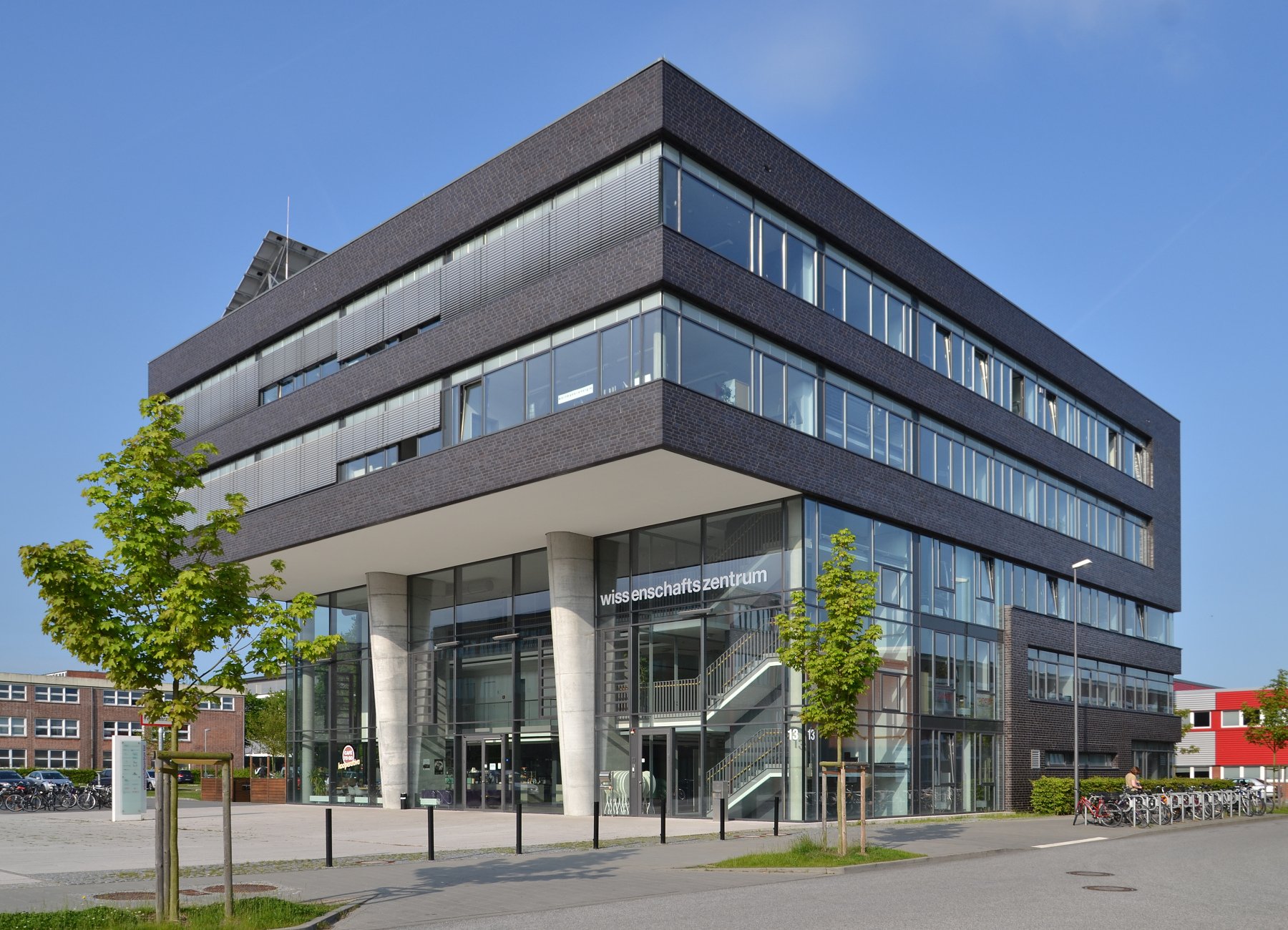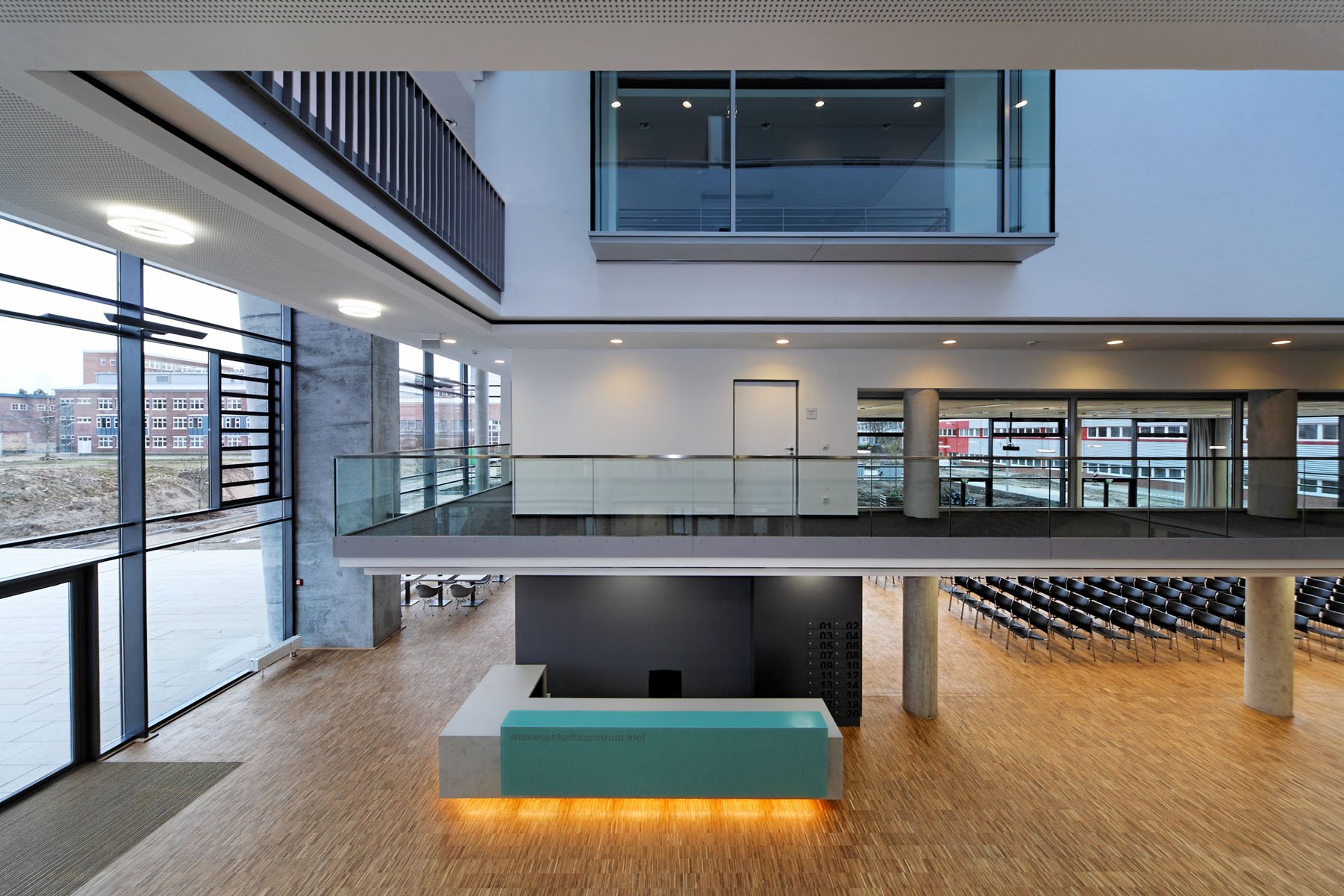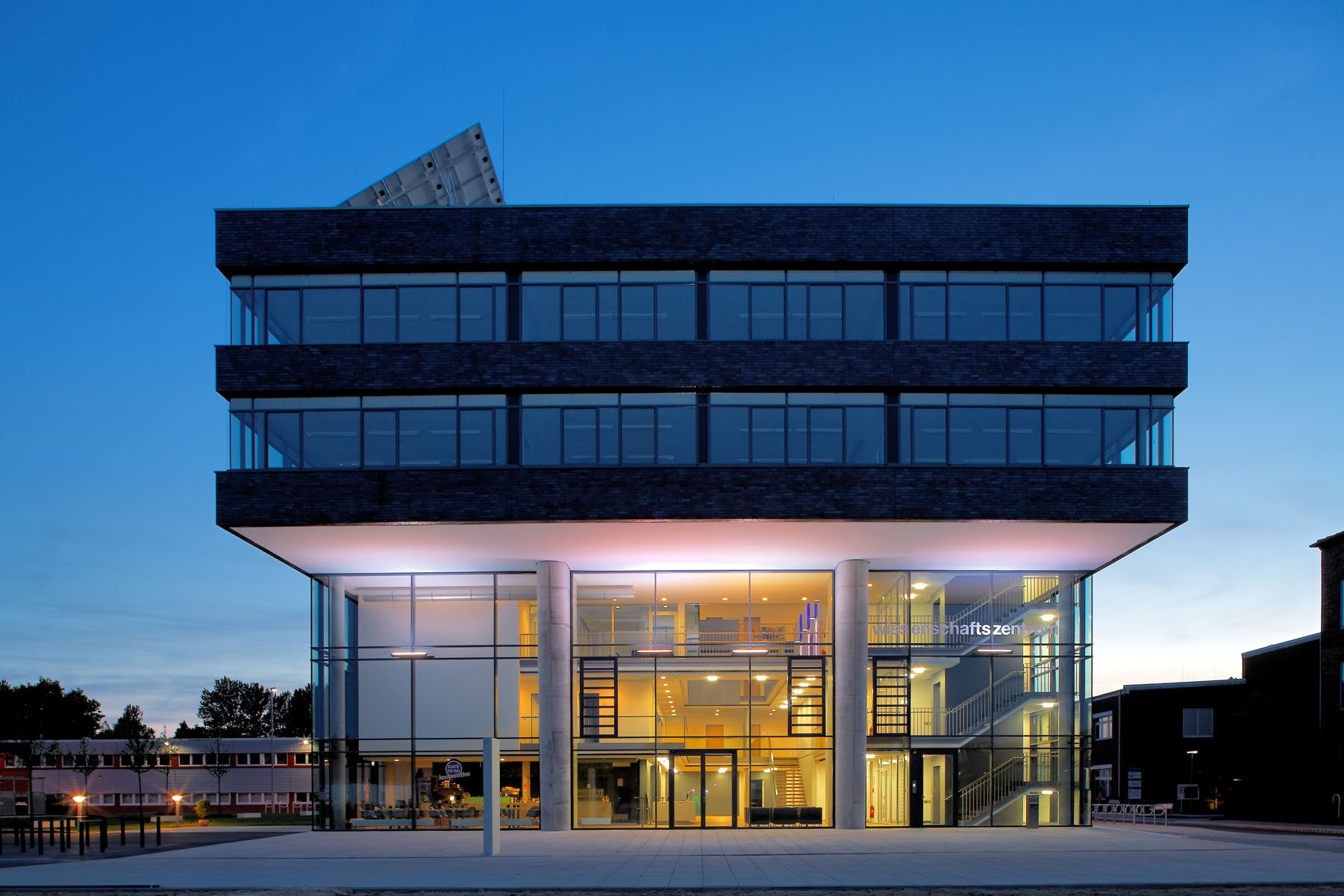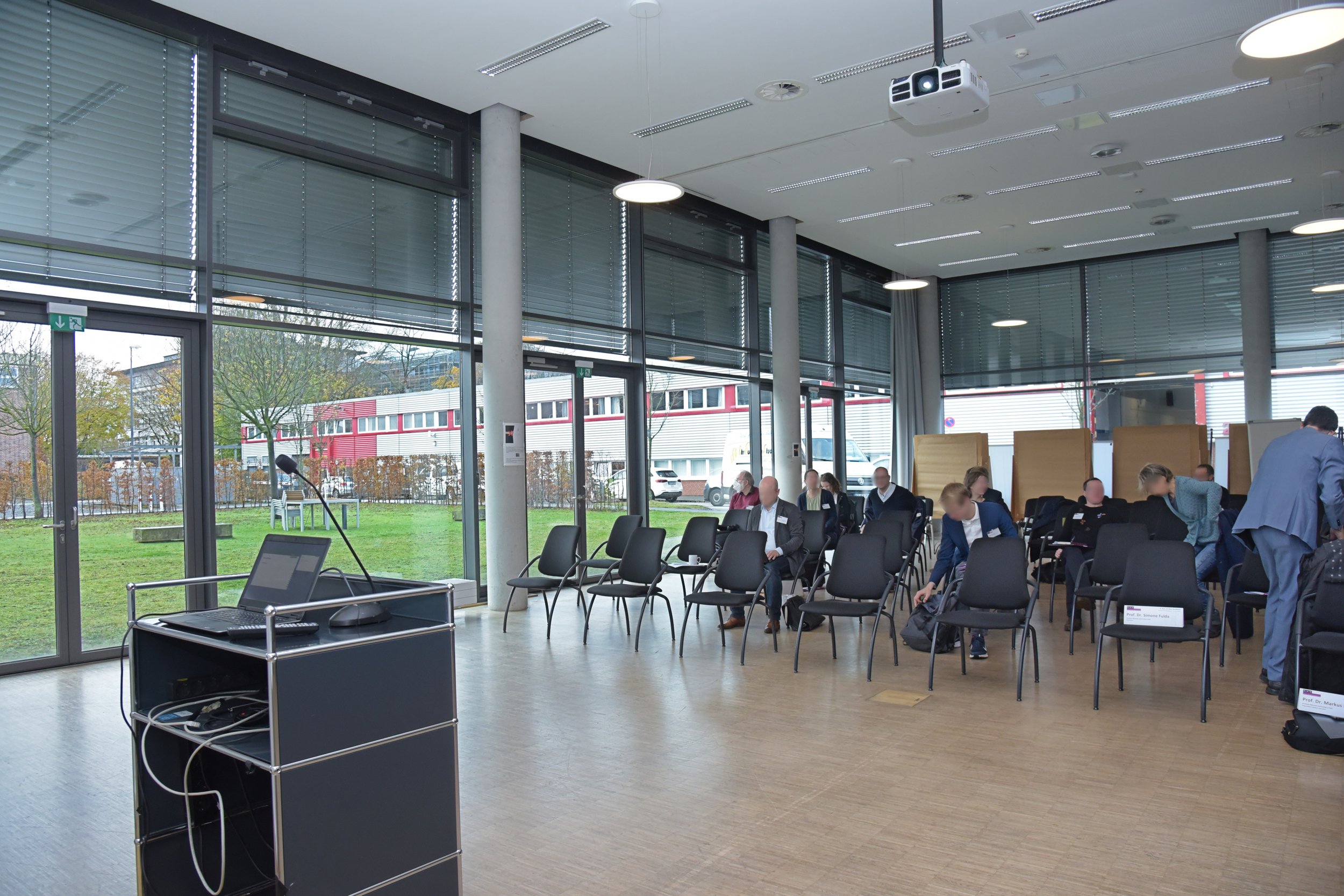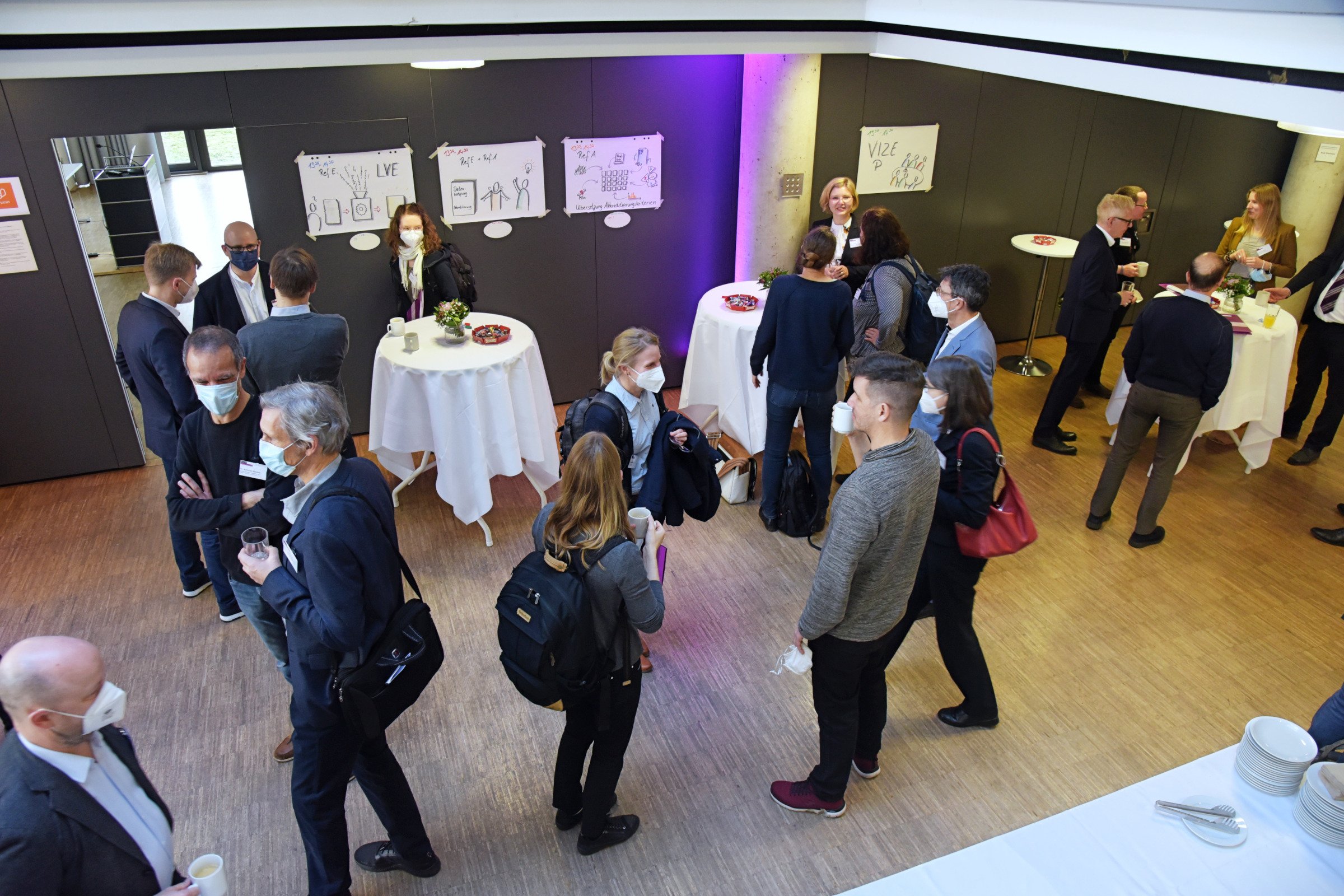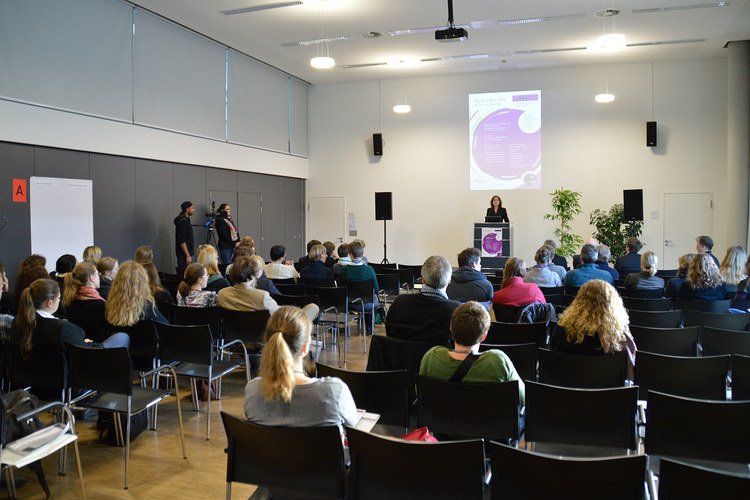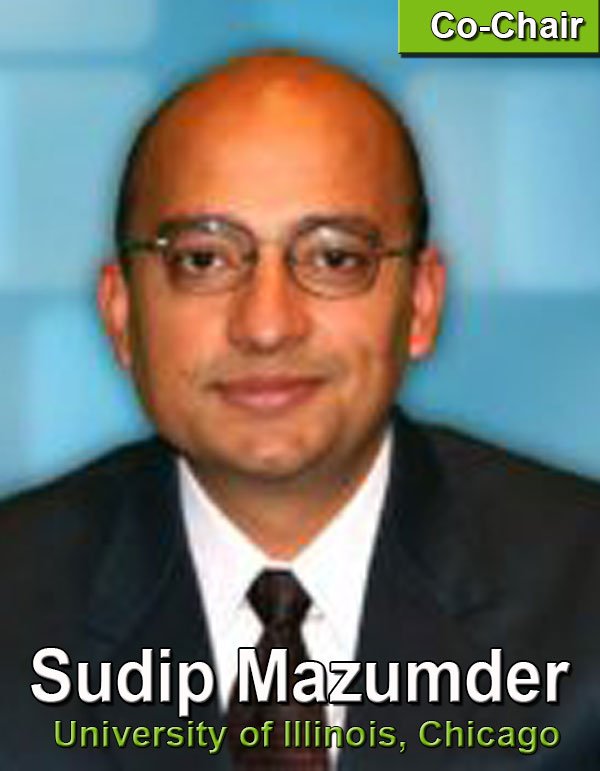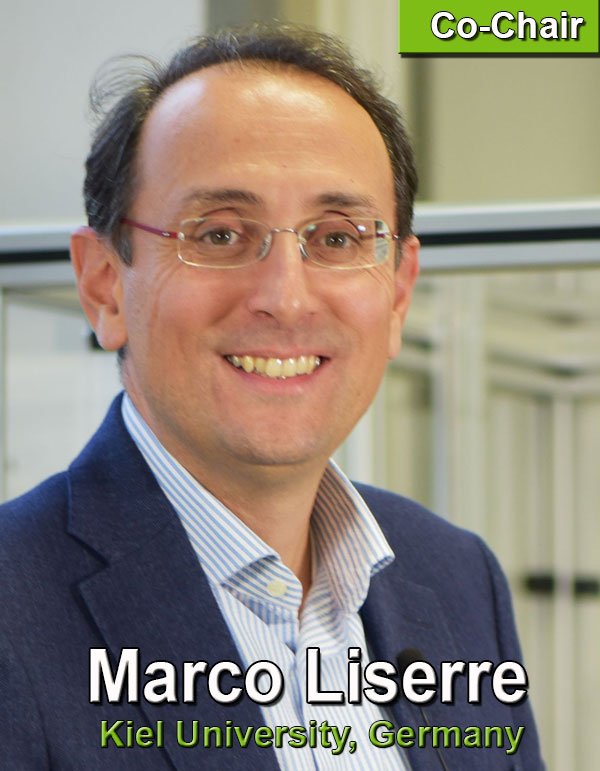2022 IEEE 13TH INTERNATIONAL SYMPOSIUM
Power Electronics for Distributed Generation Systems
The ambitious challenge of having 100 % green energy production can be tackled only through efficient, reliable and smart power electronics ! Come to Kiel in 2022 or participate virtually to discuss the latest advancements in power electronics for distributed generation. The 2022 IEEE 13th International Symposium on Power Electronics for Distributed Generation Systems (PEDG 2022) will be held during June 26th - 29th, 2022 in Kiel, Germany, as hybrid event allowing also on-line participation.
We would like to thank all participants for the great PEDG 2022. It was an honor to welcome you as guests in Kiel on site after a long Covid break. Feel free to email us what you liked and what we can do better - we appreciate constructive feedback.
You can find pictures of the PEDG in our gallery!
Selected papers of PEDG 2022 will be invited for possible publication in IEEE Open Journal for Power Electronics at discounted rated, in special compendium celebrating PEDG 2022. The Selection will be based on PEDG 2022 review scores and on feedback from participants to the presentation at the conference. Authors will receive a feedback following the PEDG 2022 conference.









